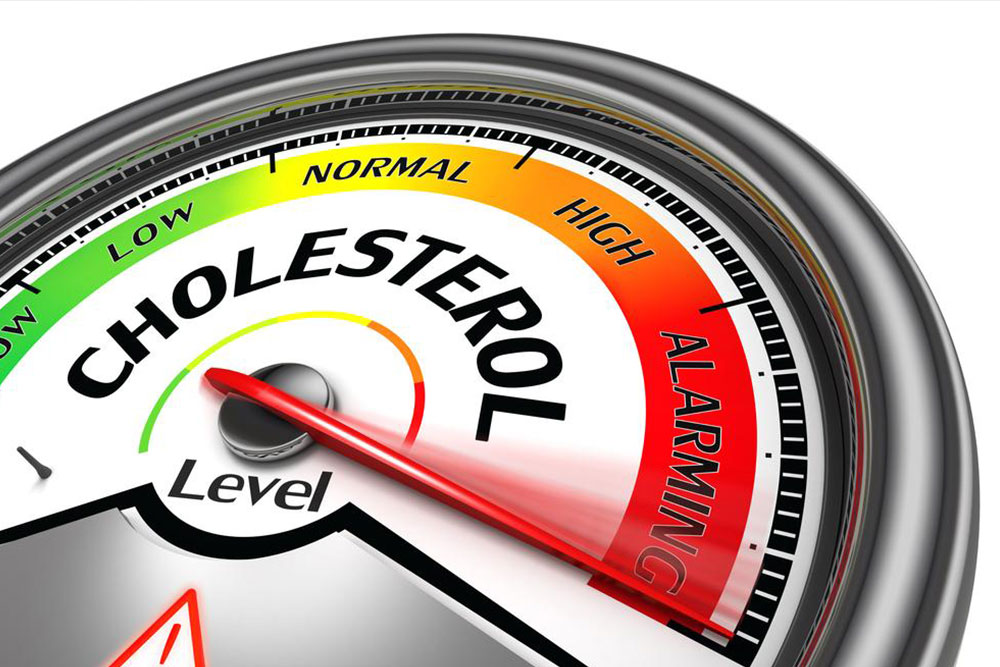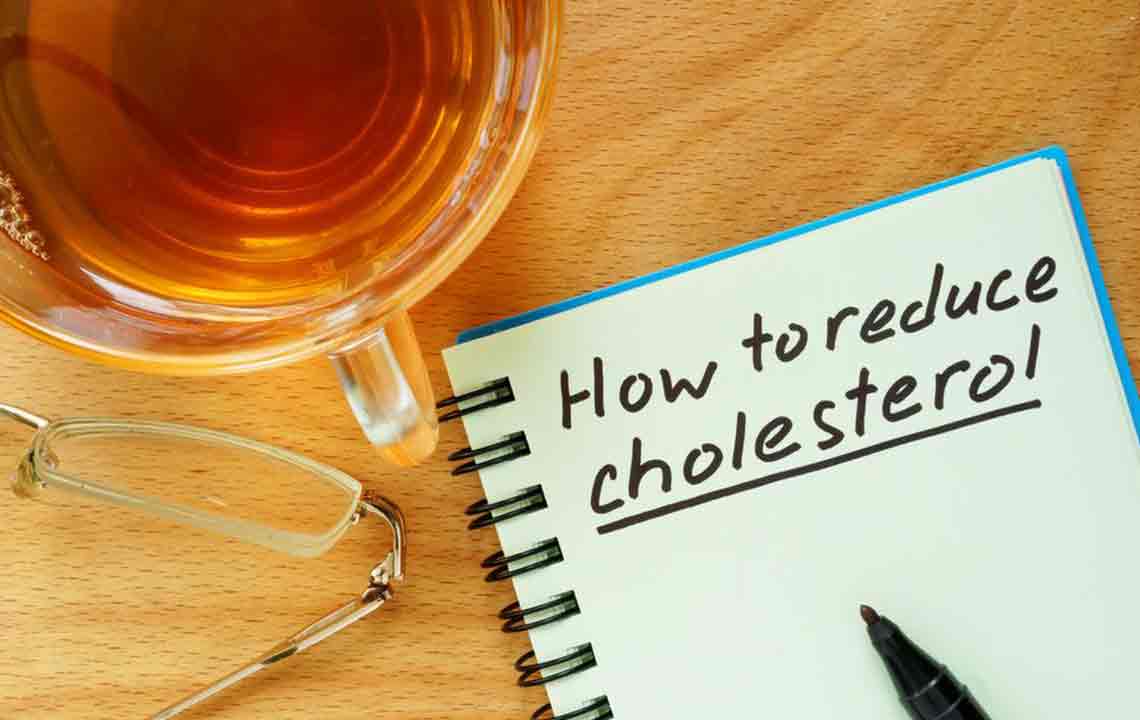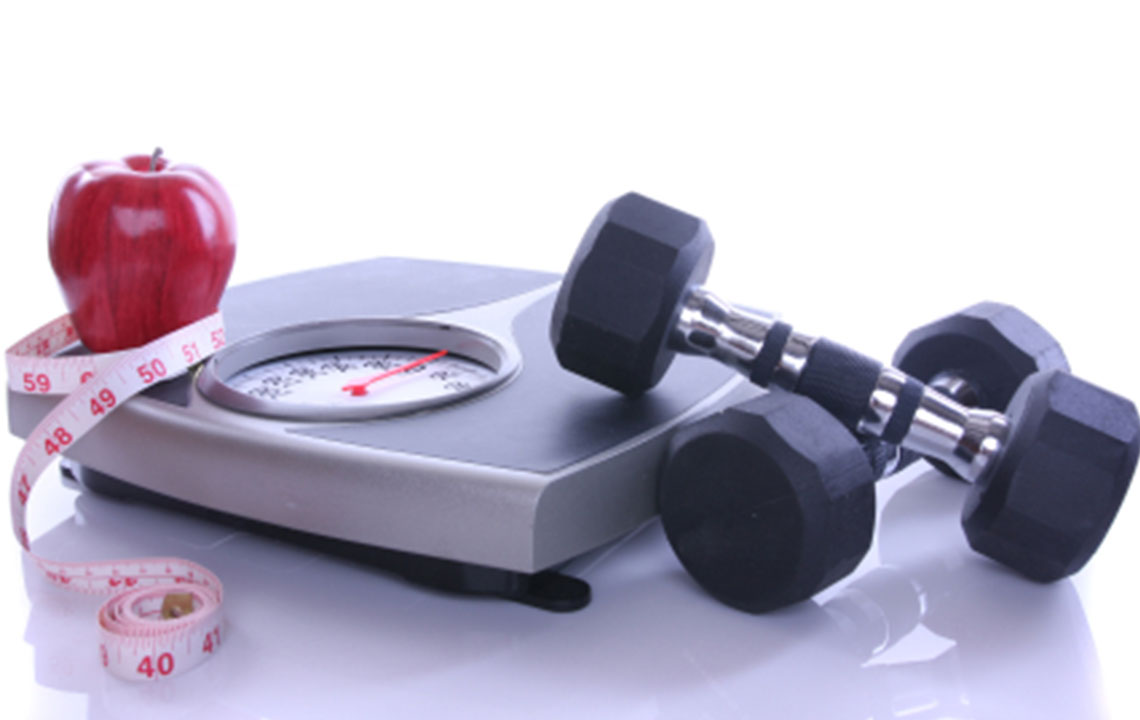Comprehensive Guide to Understanding and Managing High Cholesterol for Better Heart Health
This comprehensive article provides detailed insights into high cholesterol management, including understanding LDL and HDL, risk factors, lifestyle modifications, and medical treatments. It emphasizes regular monitoring and healthy habits to prevent cardiovascular diseases, offering practical guidance for maintaining optimal heart health.

Comprehensive Guide to Understanding and Managing High Cholesterol for Better Heart Health
Cholesterol levels play a crucial role in maintaining overall health, particularly cardiovascular wellness. In today's fast-paced world, dietary choices often lean toward processed foods, fast foods, and sugary snacks that can significantly elevate cholesterol levels, increasing the risk of heart disease and stroke. Understanding what cholesterol is, its types, and how to manage its levels is vital for preventing serious health complications. This extensive guide covers all you need to know about cholesterol, how to measure it accurately, and practical strategies to control elevated levels effectively.
Monitoring cholesterol is fundamental for cardiovascular health awareness. Elevated levels can lead to the buildup of fatty deposits along artery walls, obstructing blood flow and heightening the risk of heart attacks and strokes. Regular testing helps identify your cholesterol status early, allowing for timely intervention. The key biomarkers for cholesterol are LDL (Low-Density Lipoprotein) and HDL (High-Density Lipoprotein). Proper understanding and management of these are essential components of maintaining a healthy heart.
What is Cholesterol and Why Does It Matter?
Cholesterol is a waxy, fat-like substance found in your blood. It is essential for building cell membranes, producing hormones like testosterone and estrogen, and synthesizing vitamin D. Despite its vital functions, excess cholesterol in your bloodstream can pose health risks. When levels are too high, cholesterol can deposit on arterial walls, forming plaques that narrow and harden arteries—a condition known as atherosclerosis. This condition reduces blood flow and can eventually lead to serious cardiovascular events such as heart attacks and strokes. Therefore, balancing cholesterol levels is critical for overall health and well-being.
Understanding Cholesterol Types: LDL and HDL
Cholesterol travels through your bloodstream bound to proteins, forming lipoproteins. The two main types relevant for health are LDL and HDL. They serve different functions and have distinct impacts on heart health.
LDL Cholesterol: The 'Bad' Cholesterol
Low-Density Lipoprotein (LDL) is commonly referred to as 'bad' cholesterol because high levels can lead to plaque buildup inside the arteries. Monitoring LDL levels is crucial for individuals at risk of cardiovascular disease. The following are typical LDL level categories:
Less than 70 mg/dL: Optimal for individuals with existing heart disease or diabetes.
100–129 mg/dL: Near optimal for healthy individuals without risk factors.
130–159 mg/dL: Borderline high, warranting attention.
160–189 mg/dL: High, increasing risk for heart conditions.
Above 190 mg/dL: Very high, requiring immediate action and medical consultation.
HDL Cholesterol: The 'Good' Cholesterol
High-Density Lipoprotein (HDL) is known as 'good' cholesterol because it helps remove excess LDL cholesterol from the bloodstream, transporting it to the liver for excretion. Higher HDL levels are associated with lower cardiovascular risk. Typical HDL levels are:
Below 40 mg/dL for men: Considered a risk factor.
Below 50 mg/dL for women: Also considered low.
50–59 mg/dL: Moderate and acceptable.
Above 60 mg/dL: Protective and ideal for heart health.
Strategies to Manage and Lower Elevated Cholesterol
The most effective approach to managing high cholesterol involves lifestyle modifications complemented by medical interventions when necessary. Adopting healthy habits can significantly reduce cardiovascular risks and improve overall health.
Lifestyle Changes
Dietary Adjustments: Emphasize a diet rich in fruits, vegetables, whole grains, lean proteins, and healthy fats such as omega-3 fatty acids found in fish. Limit intake of saturated fats, trans fats, processed foods, and sugary snacks that contribute to elevated cholesterol levels.
Regular Exercise: Engage in at least 150 minutes of moderate-intensity aerobic activity per week, such as brisk walking, cycling, or swimming. Exercise helps boost HDL cholesterol and lower LDL levels.
Weight Management: Achieving and maintaining a healthy weight can improve your lipid profile and reduce cardiovascular risks.
Smoking Cessation: Quitting smoking improves HDL levels and benefits overall heart health.
Limit Alcohol Consumption: Excessive alcohol intake can elevate cholesterol and triglycerides; moderation is key.
Medical Treatment Options
When lifestyle changes are not enough, healthcare providers may prescribe medications to help control cholesterol. The most common medications include:
Statins: These drugs inhibit cholesterol synthesis in the liver and are highly effective in reducing LDL levels.
Other Lipid-Lowering Agents: Such as ezetimibe, PCSK9 inhibitors, and fibrates, which can be used based on individual patient needs and risk profiles.
Medications should always be taken under medical supervision, and regular blood tests are necessary to monitor effectiveness and side effects.
Importance of Regular Monitoring and Medical Advice
Routine blood tests to check your cholesterol levels are vital for early detection and management of abnormal lipid profiles. Annual check-ups or more frequent testing for at-risk populations ensure timely adjustments to your treatment plan, improving long-term cardiovascular outcomes. Combining lifestyle modifications with medical interventions creates a comprehensive approach to maintaining healthy cholesterol levels.
In conclusion, understanding cholesterol, its effects, and management strategies empowers individuals to take control of their heart health. By making informed dietary and lifestyle choices, and seeking medical advice when necessary, you can significantly reduce your risk of cardiovascular diseases and lead a healthier life.





